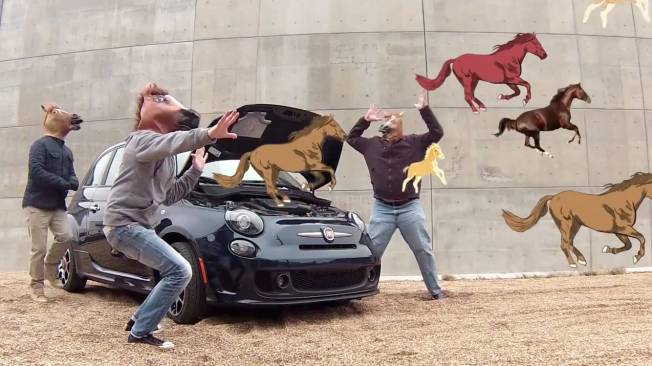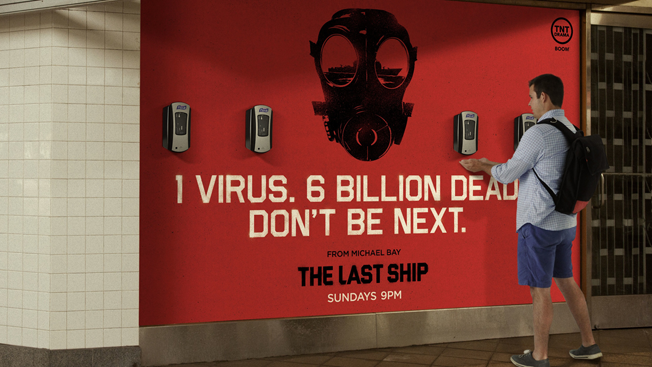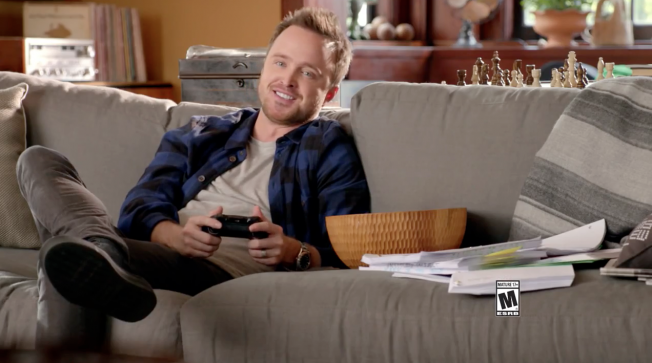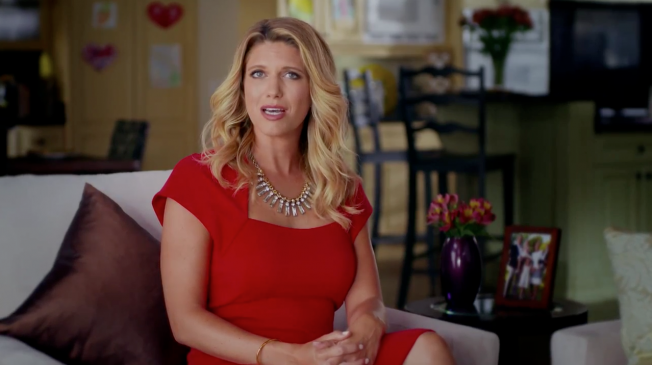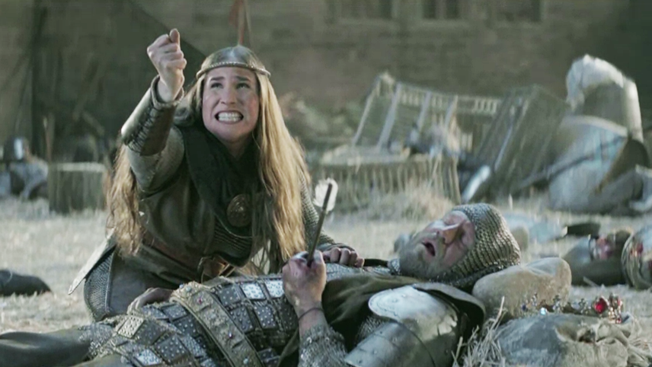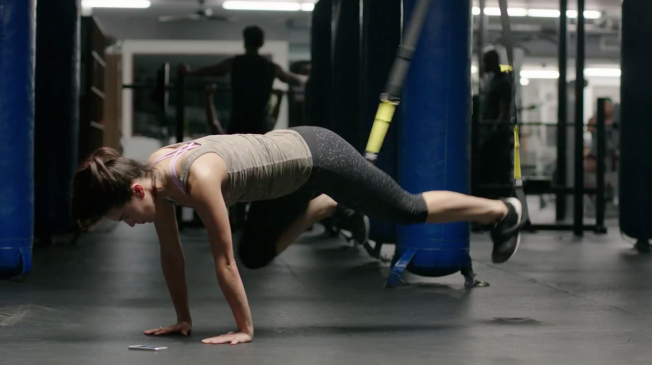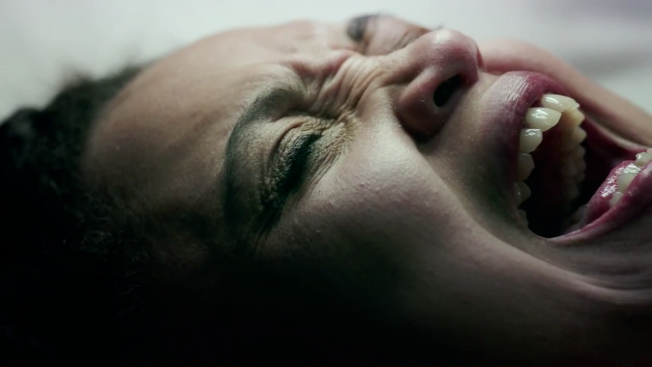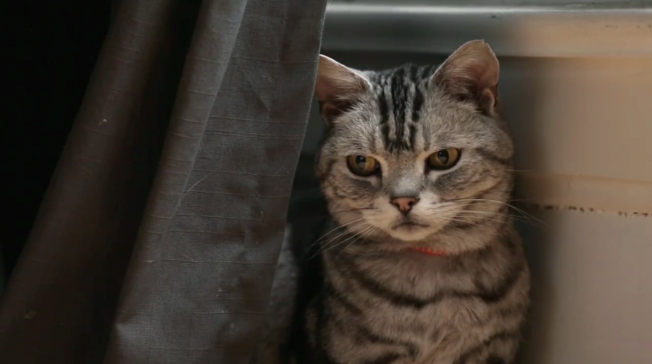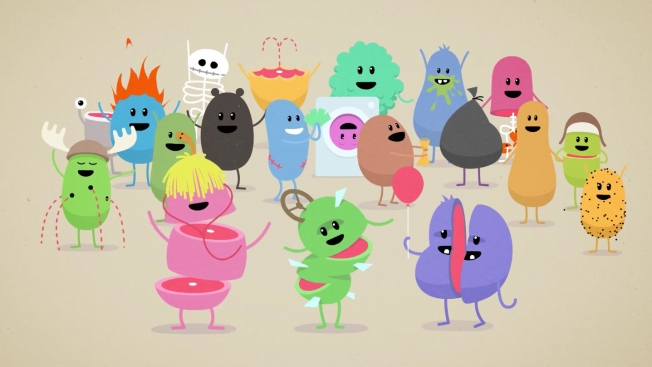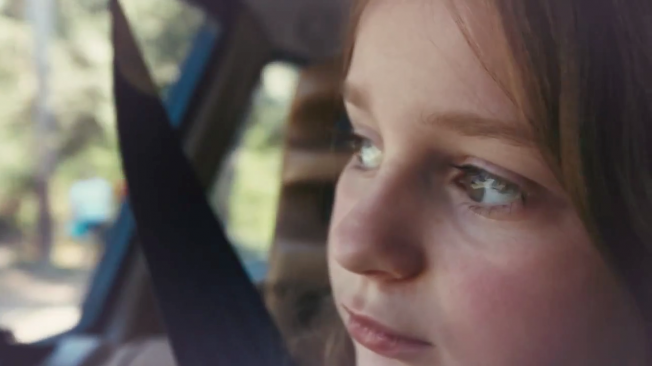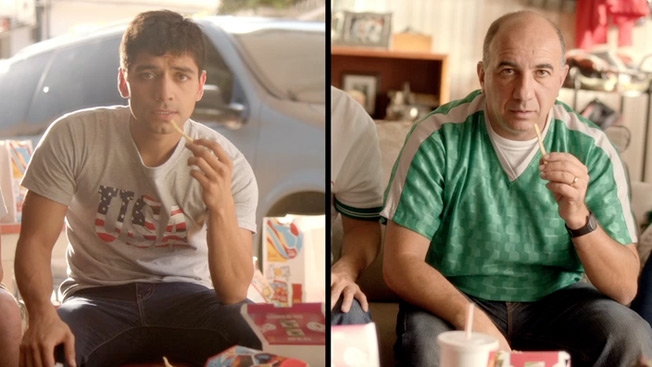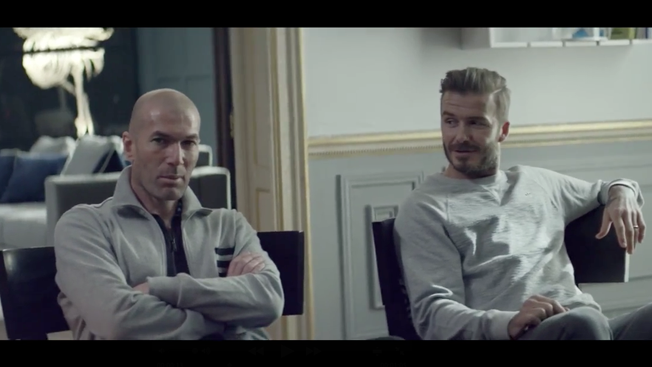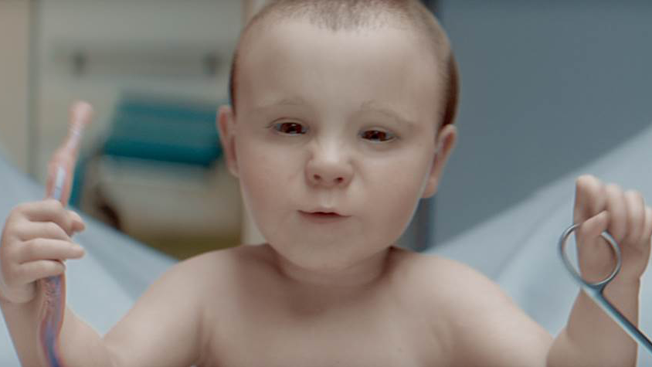
CANNES, France—Maybe India’s Internet Baby isn’t as horrifying as he seems?
If you think about it, the preternaturally social star of the MTS Telecom campaign—who learns to cut his own umbilical cord immediately after birth—is actually someone to be revered, at least according to the agency that created him.
We thought he was creepy, as most CGI infants are when they do adult-like things. The ad’s utopian vision of ever-younger digital natives also seemed dystopian, to say the least. The ad will make you “weep for humanity,” we wrote, adding that Internet Baby must be stopped. (Others, including Time magazine, later agreed with us.)
But Sajan Raj Kurup, founder and creative chairman at Creativeland Asia—which is hoping the ad snags a Lion at Cannes this week—sent us an email in which he suggests we may have missed the cultural import of the spot. He urges us to look at it in a different way—as beautiful, not terrifying.
Check out his full email below.
Dear Tim,
You have mentioned how the MTS Internet Baby spot will make one weep for humanity. You have also appealed that somebody must stop the Internet baby. As someone who wrote the spot, may I sincerely ask that somebody not to stop my little Internet baby. Very humbly, here’s why:
I live in a country where millions of babies are born into poverty. Hunger in their life manifests itself in many terrifying ways. From basic amenities, to education, security and healthcare.
The Internet and mobile phones arrived in my country in the late ’90s. Today, India is the fastest growing telecom and Internet market. Beyond the economic benefits, there is huge social upside to it. Internet and telecommunications has perhaps been the greatest social leveler in my country. It has begun to empower even the most socially backward Indian in the remotest corner of the country with information, with access, with knowledge, with education, with true power.
I would like to hope that this empowerment continues. And it transcends age-groups, caste, religion and social standing. I would like to hope that every baby born in my country is born to the Internet. The Internet that empowers him or her to start life like any other baby in an urban Indian home, European or an American home. For then he would have knowledge available, at the touch of a button. The same button a child in London presses when he needs to know. The same button that empowers a child in Tokyo.
It is natural for a handful of people to think that this is freaky or unnatural. Remember even the motorcar was called evil by some people a hundred years ago. But let not the playful thought of an Internet-empowered baby at birth terrify us. Let’s not stop him.
There’s no telling how far this generation of Indian children, those born for the Internet, will go. They will definitely go farther than their fathers did. They might even go farther than kids in the developed world. Let them go. Let them break barriers.
Debates and point of view are essential. They are what make our business a lot more fun. But that doesn’t change facts. Technology and the Internet are getting deeper into our lives. And the MTS Internet Baby has made people stand up and take notice.
I would like to invite you to Mumbai after Cannes Lions to witness firsthand India’s flourishing creative scene and our country’s “Internet Babies.” I promise it would be something you would never forget—and you would weep for humanity. With a mixture of joy and excitement.
Yours sincerely,
Sajan Raj Kurup
Founder & Creative Chairman, Creativeland Asia
To commemorate the birth of the Internet Baby, Creativeland also ran a promo in which it christened babies born on MTS India’s founding day (which happened to be within the launch month of the spot) as Internet babies and gave away free Internet connections. See that case study below.





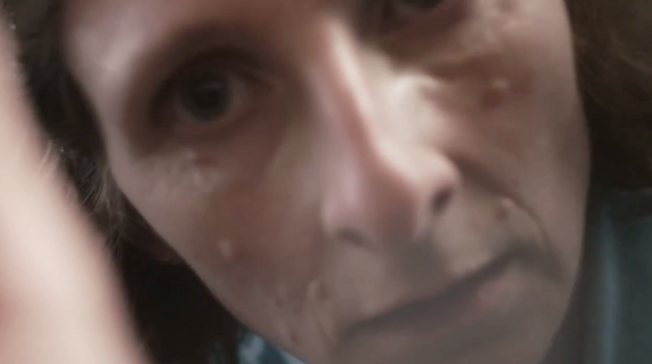
![]()


